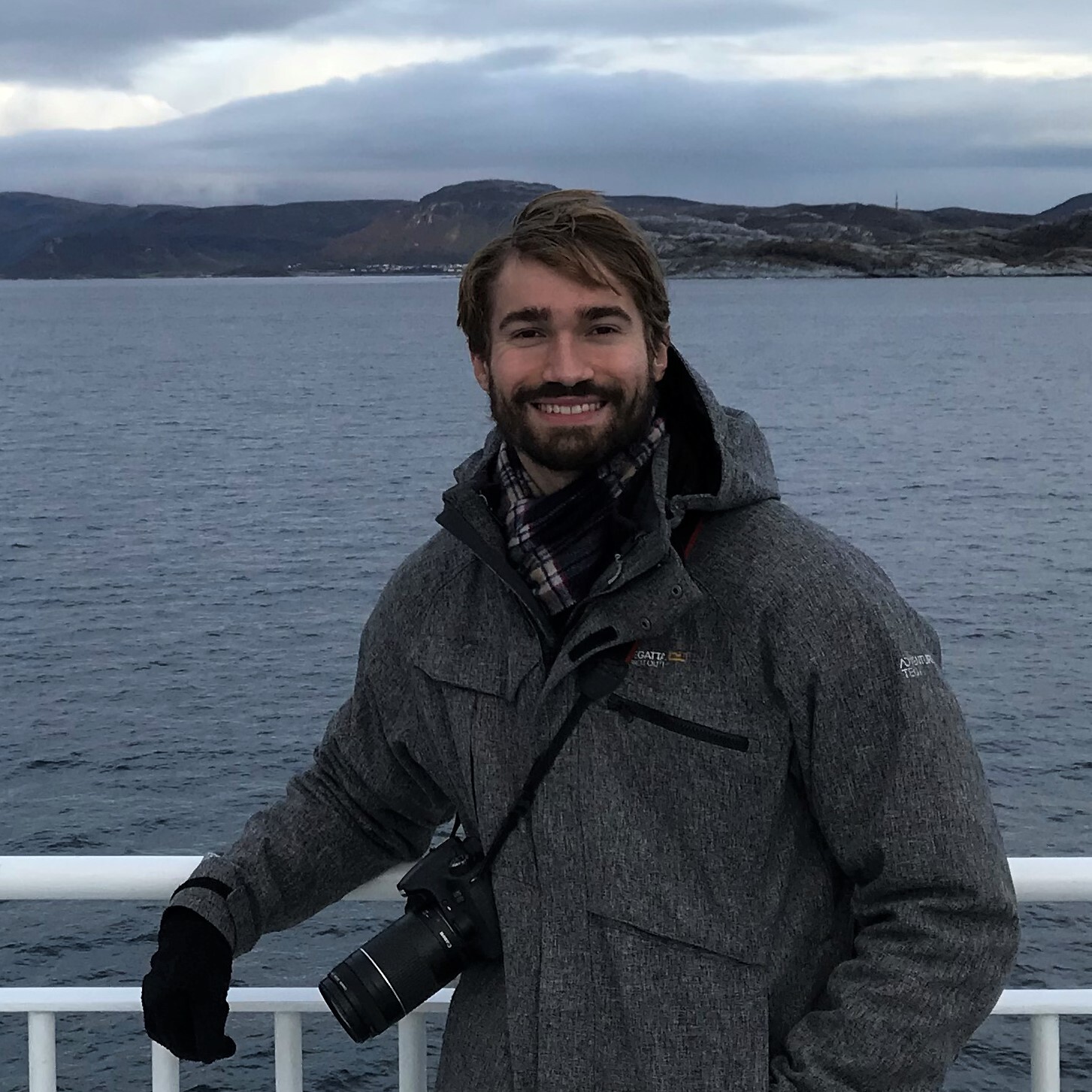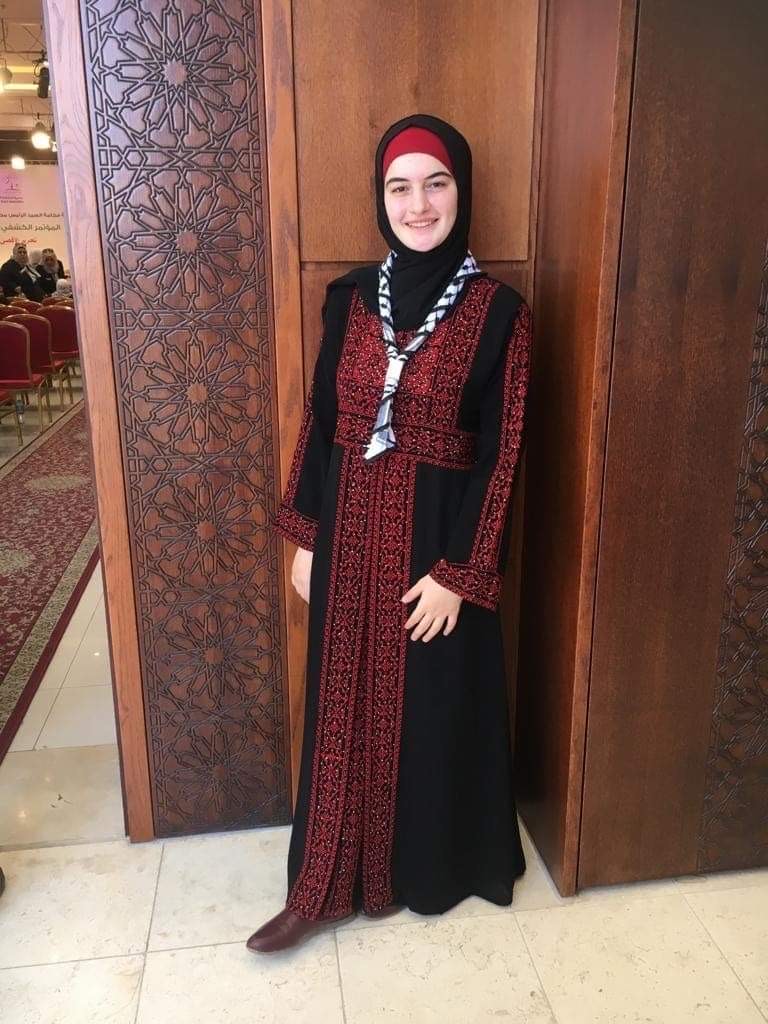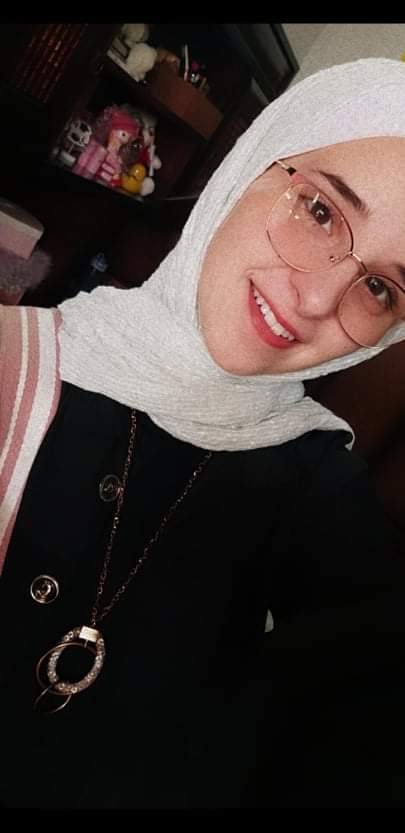Fabian is a research assistant at the University of Gottingen in Germany in the English language didactics department. He is in the throes of organising his first official Virtual Exchange project following the Advanced Training for developing Transnational Virtual Exchange Projects, under the Erasmus+ Virtual Exchange pilot scheme. “I’m a big fan of using media in language teaching’, he says, “and I see so much potential in the idea of communicating in different languages, even if this isn’t between native speakers.” “I think Virtual Exchange is getting lots more traction’, he continues, “and it’s only going to gain more attention, especially with the onset of the current pandemic.”
The component of intercultural learning under the telecollaboration umbrella is what’s really interesting right now, according to Fabian, and is of particular importance in his field of foreign language teaching. “I believe the best and most natural way to develop global competencies is by talking to people across the world about global problems. Virtual Exchange sessions are really key to this as they are sustained over time and a way to build relationships and collaborate more effectively together.”
Everyone has their own culture but Fabian says you need to get to know the person behind. “We are all complex beings and taking the time to use Virtual Exchange to build the foundations is essential to the whole process. Our assumptions will keep being challenged and we must strive to keep open minds always.” His venture into the world of Virtual Exchange consists of a project between Germany, Sweden and Turkey which is due to start in the coming winter. It’s a lot of work, he concedes. The 3 pillars of the project are: global education, task-based language learning and Virtual Exchange. “We want to have our pre-service teachers come together to talk about global problems - maybe COVID-19 pandemic, maybe climate change - and how their respective governments deal with these issues. We also want to understand how best to develop this model as class materials in our English classes and how to design the project to incorporate an element of Virtual Exchange.” In Germany, the idea of task-based learning known as ‘complex competence task’ is renowned but is yet to take off elsewhere and Fabian considers Virtual Exchange as a continuation of content and language integrated learning. “We want to enable students to discuss complex problems in class and not just do traditional translations and similar tasks.
He is hoping his Virtual Exchange project will give pre-service teachers a fruitful Virtual Exchange experience and the understanding that we all face similar challenges. He wants to transfer the Virtual Exchange tradition to the new and upcoming teachers so they can have the mindset and the tools to take it into their future work.



